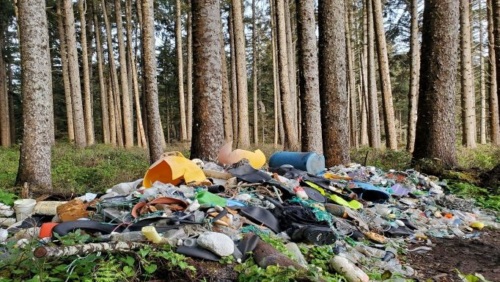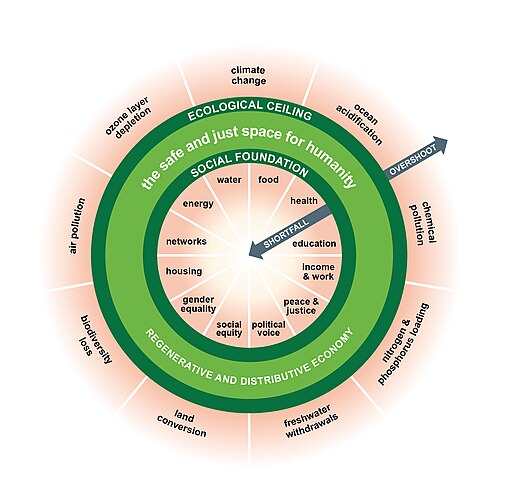About 40% of our total emissions in Seattle are from buildings, and almost half of those of from small multi-family buildings and single family houses. Finding a fair, cost-effective way to electrify them is a big puzzle. GeoNetworks, or networked ground source heat pumps, could be a part of the answer. Laura Feinstein, from Sightline Institute, presented on this at our July meeting. If you would like to watch the presentation, please email 43rdenvcaucus@gmail.com for a link. The slides are here.
Sightline has a number of great articles on their website about this.
Here’s a good overview on how they could be used by gas utilities, which a good video and diagrams showing how they work.
Shrinking the cost of the gas system by decommissioning gas pipelines.
New business models for gas utilities (and why we might want a gas utility to persist).

